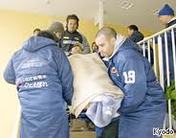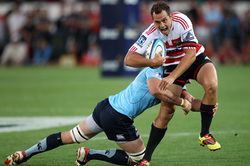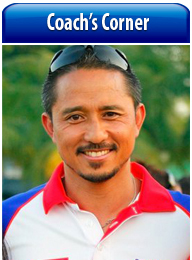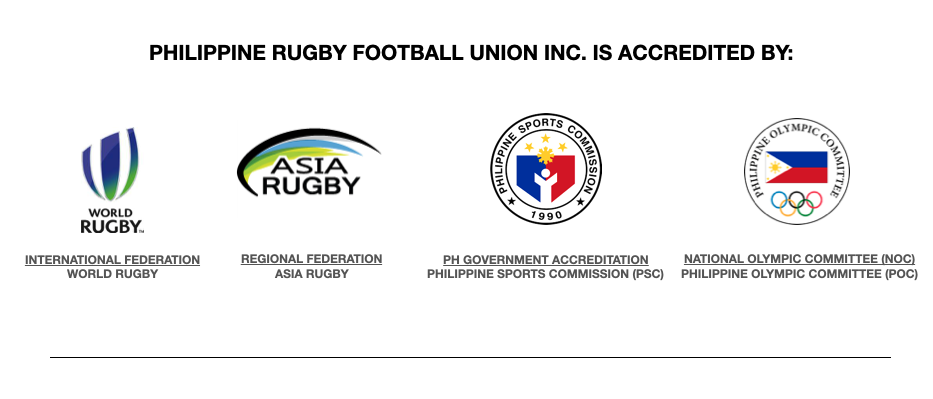|
After the earthquake in Christchurch, I began this article by saying that I had never experienced one. I didn’t get a chance to finish the article because I got called up to do some coaching in Japan and little did I know that within a few days I would be in the middle of the world’s fifth ever largest earthquake. At the time it hit, I was on the rugby field coaching a high school team in Kashiwa. Initially the ground shook and trees began to shake then the fluctuations increased and the buildings swayed. The school children started running from the classrooms and all assembled on the field. I was surprised at how calm the students were. I thought perhaps that this was a usual occurrence in Japan but everyone I asked said they had never experienced anything like it. Thirty minutes later, we were hit with a second tremor, equal to that of the first and everything rocked for two minutes. It was like trying to walk on a waterbed (if you’ve ever done that before). That afternoon I was slightly dizzy and over the next few days there were another 200 plus tremors. I remember on that first night being woken up three times with the bed and ground shaking wildly. During the whole time, the internet never went down and so we were informed very quickly of the horrific damage the earthquake and tsunami had caused. Immediately we checked on the families of the team and some could not be reached. We also lost contact with our manager who afterwards told us he was driving over a bridge when the earthquake struck and he thought he would tip into the bay. Our interpreter was not able to contact his father for a week but in the end he was found safe and well.  One of the coastal towns that was severely hit by the tsunami was Kamaishi, a town with a professional rugby team ironically called the “Seawaves”. The foreign players in that team, Scott Fardy, Pete Miller and Pita Alatini were lucky to escape death. When the Australian officials were able to finally contact them they told them that they wanted to stay in the town to help their local team mates and their families rather than be airlifted out. What a great act of heroism on the part of those players! The northern coastal towns have been utterly devastated with reports now estimating deaths and missing persons reaching 25,000. Meanwhile in Tokyo, after a week of food shortages, blackouts, 5-hour long queues for petrol and general chaos, they are now battling the threat of a nuclear meltdown. But the Japanese people are a stoic race. They will rise from this adversity as they have always learnt from an early age to be so tough on themselves. It shows through in their rugby and it will show through now as they rebuild their country and their lives. I keep them daily in my thoughts and prayers. So what was going to be my point after the Christchurch disaster? Well, the team from that city, the Crusaders, were devastated on so many fronts. Being in the midst of such turmoil and loss would have tested the bravest of characters. Their home ground was deemed unfit to play on, their training schedules were disrupted, not to mention the emotional stress from their proximity to death and destruction.  The Waratahs were their following opponents and of course they stood no chance of winning. The 33-18 score line was only made to look slightly respectable after a late try to the visitors. The Crusaders dominated all aspects of the game with their midfield trio of Dan Carter, Sonny Bill Williams and Richard Fruen making a mockery of the Waratahs supposed iron-defence. Previous to this game the Waratahs hand only conceded a total of just two penalty goals. We know of so many English soccer teams who have sacked their coach mid-season only to come out the following week to win despite the turmoil. We know the human will is capable of almost anything when it is severely challenged. But often it takes factors outside of us to make us react and to get us to perform at our peak. True champions are those who can challenge themselves without the need for external stimuli. The self-discipline needed to excel in rugby is enormous. It is primarily learnt off the rugby field in life’s non-rugby challenges. As many of our players juggle rugby with professional work or study, it is even more imperative that we execute our tasks to the best of our ability always. This is why I’m so confident that Japan will recover quickly from this tragedy. I will be taking a break from this column whilst the Volcanoes host the Hong Kong national team in Manila. We look forward to the challenge from the number 3 ranked team in Asia and I encourage you all to attend the game. After the break I plan to use this column to focus on more the tactical issues surrounding the modern game. Photos courtesy of Nikkei.com and TNT Magazine.com Comments are closed.
|
Expo Mejia
Expo is the current head coach of the Philippines national rugby union team having been appointed in November, 2009. In his first year he guided the Volcanoes to the Asian Five Nations 2010 Division II title thereby earning promotion to Division I for 2011. Archives
March 2011
Categories |


 RSS Feed
RSS Feed


